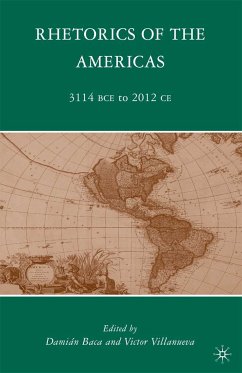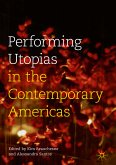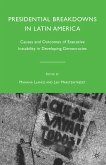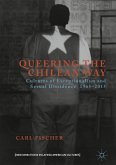This is the first work to begin to fill a gap: an understanding of discourse aimed to persuade within the Pre-Columbian Americas. The contributors in this collection offer glimpses of what those indigenous rhetorics might have looked like and how their influences remain. The reader is invivted to recognize "the invention of the Americas," providing other ways to contemplate material life prior to contemporary capitalism, telling us about the global from long ago to current global capitalism. This book is the drop that will ripple, creating new lines of inquiry into language use within the Americas and the legacies of genocide, conquest, and cultural survival.
Dieser Download kann aus rechtlichen Gründen nur mit Rechnungsadresse in A, B, BG, CY, CZ, D, DK, EW, E, FIN, F, GR, HR, H, IRL, I, LT, L, LR, M, NL, PL, P, R, S, SLO, SK ausgeliefert werden.









